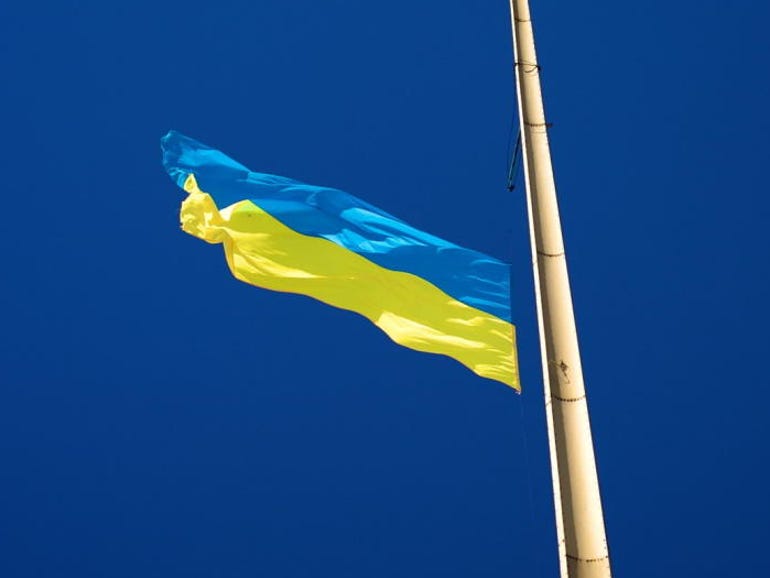- US Offers $10 Million Reward for Tips About State-Linked RedLine Cybercriminals
- You can get an iPhone 16 for free with this Boost Mobile deal - no trade-in required
- IRS open-sources Direct File tax software amid political and industry pushback - here's why
- Tata Communications recognised as a Leader in the 2025 Gartner® Magic Quadrant™ for Global WAN Services for 12 consecutive years
- Conducting Background Checks in the Corporate Security Environment
Elon Musk activates Starlink to help keep Ukraine’s internet up and running | ZDNet

With Russia’s invasion of Ukraine, Ukraine’s internet was sent staggering. Georgia Tech’s Internet Outage Detection and Analysis (IODA) project, which monitors the internet, reported serious outages in Ukraine starting late on February 23.
In response to this and other internet attacks, Ukraine’s Vice Prime Minister and Minister of Digital Transformation Mykhailo Fedorov requested help from SpaceX and Tesla billionaire Elon Musk.
Musk responded on Twitter, where he wrote, “Starlink service is now active in Ukraine. More terminals en route.”
Starlink, SpaceX’s low-earth orbit (LEO) high-speed, low-latency internet service, is considered far more reliable than conventional broadband.
One person on Twitter summed it up nicely: “The people of Ukraine now have access to the fastest, most robust satellite internet system ever created. This makes it impossible for Russia to disable the Ukrainian internet access fully without cyber attacking foreign data centers.”
Even before the declaration of war, Russia has been targeting Ukraine with cyber attacks. On 15 January 2022, Russia injected malware and employed a DDoS attack on Ukrainian websites, while in 2016, a Russian cyber attack turned off the power supply of Ukraine’s capital city, Kyiv.
More recently, Russia has been trying to disrupt Ukraine’s internet. According to the internet monitoring group NetBlocks, GigaTrans — Ukraine’s main internet service provider — has seen its traffic disrupted since February 24. NetBlocks also reported internet outages in major Ukrainian cities such as Kyiv, Kharkiv, and Mariupol.
The Computer Emergency Response Team (CERT) of Ukraine also reported that Russia’s internet attacks have expanded beyond Ukraine. CERT Ukraine said the NC1151 group, a hacker organization associated with Belarus’s Ministry of Defense, a Russian ally, has also been attacking Polish and non-government Belarusian and Russian sites.
Still, despite all of Russia’s efforts, Cloudflare Radar shows that for now Ukraine’s internet traffic, while suffering a significant drop, is still hanging in there. With the help of Starlink, Ukraine’s internet should still continue to hold its own.
Updated at 11:21am AEST, 28 February 2022: fixed grammatical errors and added further information about Starlink activation.

